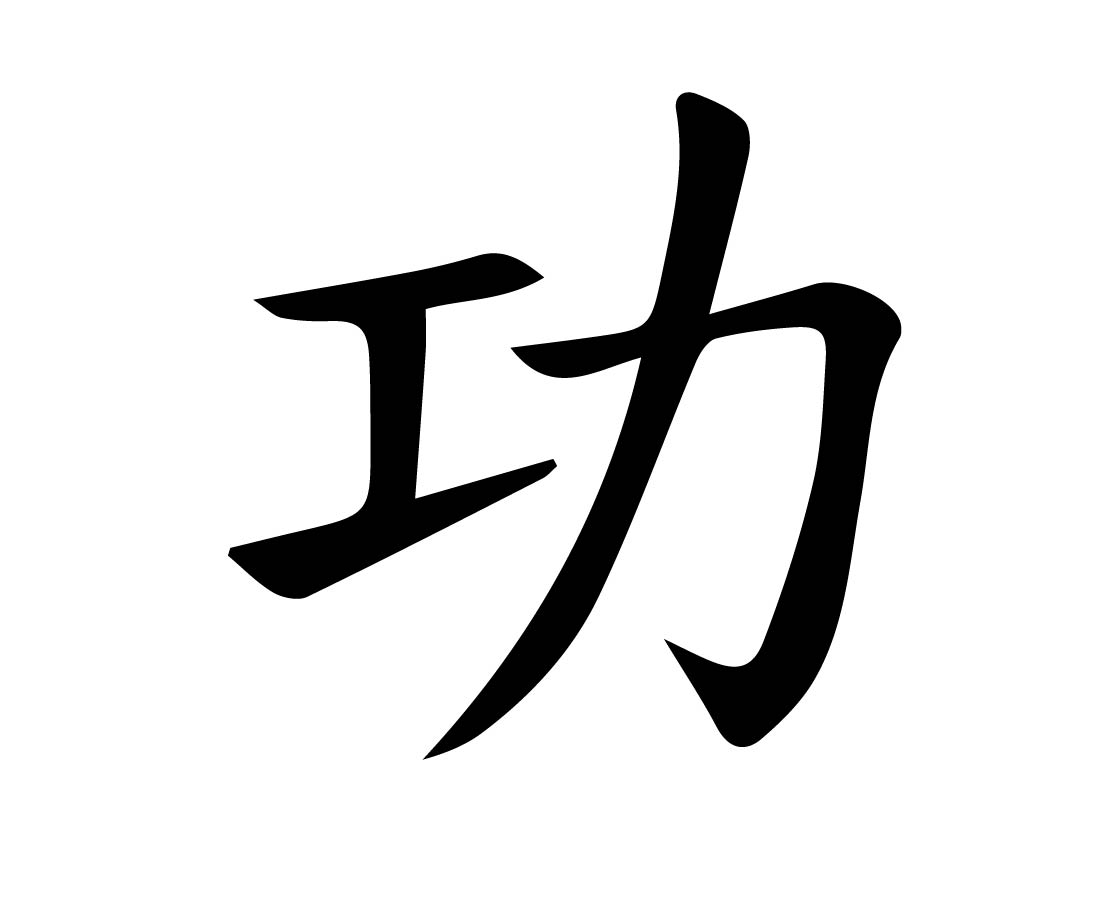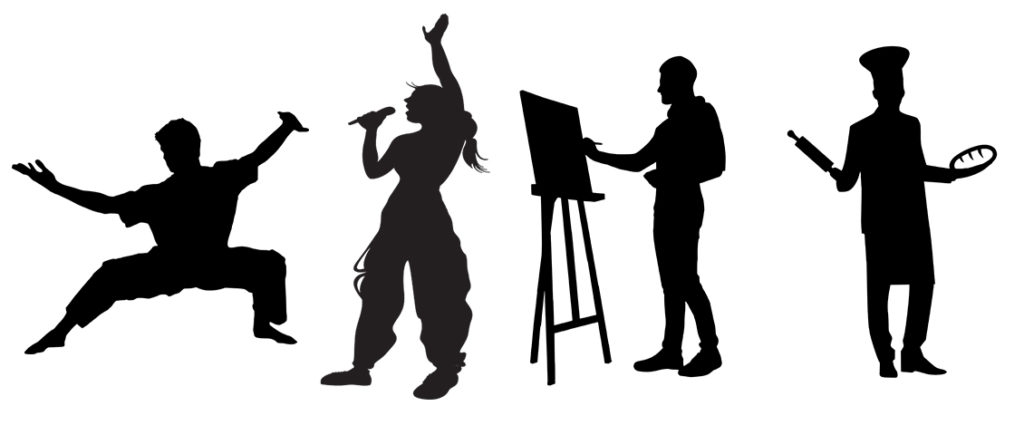
I spent some time at a busker’s festival in Auckland last weekend, and seeing the impressive performances made me think it was a good opportunity to talk about the concept of ‘Gong’.
The Gong in Qigong is the same as the Gong in Gong Fu – other wise commonly known as Kung Fu.
(As a little bit of an aside, if you were wondering why the spelling of Gong appears differently between Qigong and Kung Fu, it is due to these practices becoming more widely known in the west at different times. There are different systems for transliterating Chinese into English. The Wade Giles system was popularly used in English language books until 1979. In the Wade Giles system, 功夫 is rendered as ‘Kung Fu’. 氣功 is rendered as ‘Chi Kung’. These transliterations fit well with the pronunciation of these words in Cantonese, a Chinese dialect used in parts of southern China such as Hong Kong. However, after 1979, use of the Wade Giles system was gradually replaced by Pinyin, a system which more closely matches the pronunciation of the Mandarin dialect which is spoken by the majority of Chinese people, and particularly in the northern parts of China. With Mandarin being the official language of both The People’s Republic of China and Taiwan, Pinyin spelling has become almost universal in recent years. As Kung Fu started to be popularised in the west prior to 1979, the use of this spelling became widely recognised, so the ‘Kung’ is still used in this context in the west today and the ‘Gong Fu’ spelling is quite uncommon. Qigong on the other hand was not widely known in the west prior to this date, so while you may still find older texts that use the ‘Chi Kung’ spelling, as most awareness of the practice has developed more recently, it is far more common to use the ‘Gong’ spelling in this context.)
To help us understand ‘Gong’ it is helpful to realise that the term Kung Fu does not specifically refer to martial arts. The Chinese word that more accurately translates as martial arts is Wushu (武術), but because of the effort and hardwork required to become very skilled at martial arts, the term Kung Fu (功夫) became synonymous with these highly skilled practitioners both in and outside of China. The meaning of Kung Fu is much broader though. It refers to any person who has achieved a high degree of skill in any area through hard work over a long period of time. So… an artist can be said to have kung fu, so can a chef, or a singer, or a poet. Kung Fu can be developed in ANY field.

So how does this apply to Qigong? Well the gong is the same. I think it is helpful to realise this. Sometimes people think that ability with energy is something that just happens, and it is true that some people have more natural talent in working with energy, in the same way that someone may have a natural talent for singing or gardening or… anything else. But the true skill comes from practice. Even if you do not seem to have great talent to begin with, anyone can develop it little by little through their persistent effort.
The skill of qigong is of course not as obvious as some of the external Kung Fu skills, such as those displayed by the great performers I saw at the busker’s festival on the weekend, or by a skilled martial artist. Our main focus in qigong is to use our energy to develop health, vitality and resilience within ourselves, and connection to and understanding of the world around us. Once we have developed these attributes, we can then apply our skill with energy even further to things like healing, where we use our energy to bring that same health and vitality to others around us. On that note, the Introduction to Qigong Healing course will be available within the next few months – I know there are several of you who have been waiting for the opportunity to take this next step in developing and applying your skill with energy.
While these skills with energy are not as easily observed as the skills displayed by the performers, they are certainly just as valuable to each of us – if not more so. You also don’t have to wait until you are a great master to gain benefits from them. Your ‘gong’ will grow and develop little by little as you practice, and even at the early stages you will find increased health and vitality.
Wherever you are at in your process of developing your Qi – gong, or energy – skill, I can assure you that continuing on your path will be worthwhile. There will be many new insights and beautiful experiences as your gong grows and grows.
4 Comments. Leave new
Thanks for that great explanation!
Brilliant explanation
Interesting and fun to watch. I especially loved the easy to grasp explanation of gong AND the strong man juggling the heavy ball. : )
Yeah, the strong man was quite a character 🙂